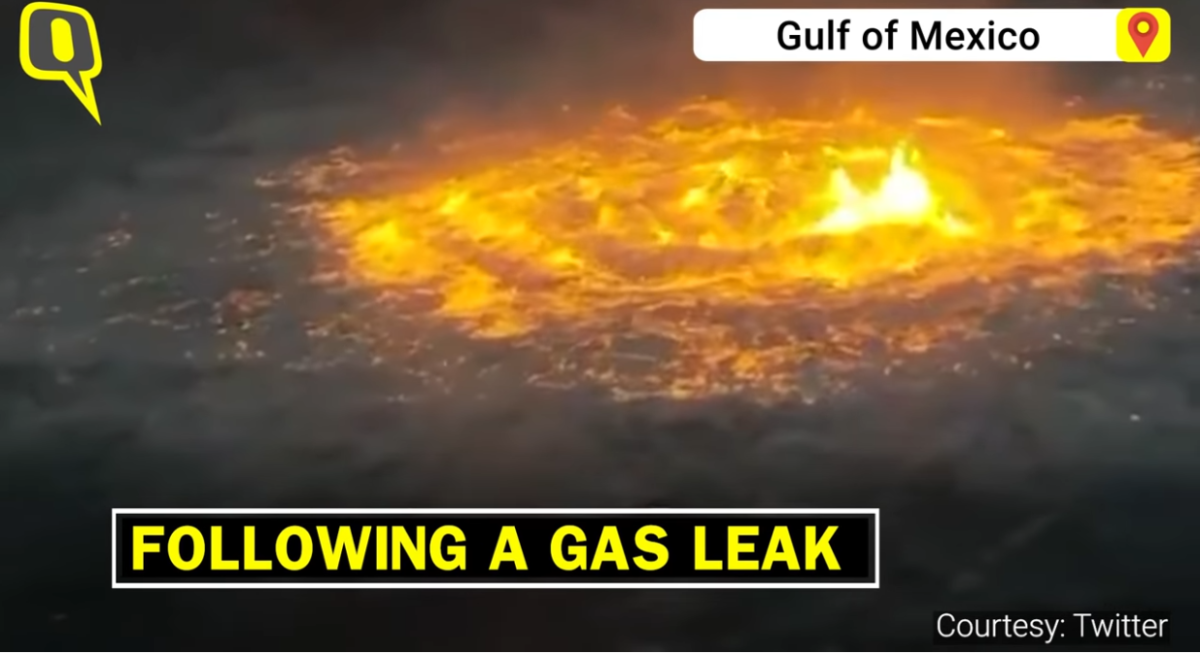by Atieno Mboya

“Climate change is the most pressing environmental issue of the 21stcentury. The problem has arisen from exploitation of Earth’s carbon-based resources such as oil, coal and natural gas, which produce more than two-thirds of the global greenhouse gas emissions that are fueling climate change. These gases accumulate in the stratosphere and re-radiate heat rising from Earth back to the planet, causing an enhanced greenhouse effect, also known as global warming. This warming is precipitating more frequent extreme and unpredictable weather events, such as typhoons, floods, droughts, heat waves, wild fires, ice melts and rising sea levels. Earth’s climate is changing.
Climate change is bringing new socio-economic vulnerabilities into human lives and livelihoods, which are being felt in agricultural production, human health, access to potable water and threats to habitats of coastal communities, to name a few. In the agricultural arena, for example, unpredictable rainfall patterns are destabilizing planting and harvesting seasons. In human health, the spread of deadly diseases like malaria and dengue fever into new areas is an emerging threat. Floods and droughts are restricting communities’ access to sufficient, reliable potable water. Rising sea levels especially imperil coastal and island communities, threatening to engulf homes and, in cases like Tuvalu’s, entire island states, portending a climate refugee crisis. It is now understood that intensive carbon-based industrialization is unsustainable.
Rajendra Pachauri, chairman of the Intergovernmental Panel on Climate Change (IPCC) during the preparation of its Fifth Assessment Report, notes that while all societies stand to suffer some negative impacts of climate change, “there is an equity issue, because some of the poorest communities in the poorest countries in the world are going to be the worst hit.” Inequality in the fallout from climate change, coupled with inequality in access to resources to adapt to the new normal or mitigate it, raises issues of justice for “the world’s poor and marginalized,” which are captured in a growing civil society platform for climate justice. The 2007 Malé Declaration notes that climate change “has clear and immediate implications for the full enjoyment of human rights, including, inter alia, the right to life, the right to take part in cultural life, the right to use and enjoy property, the right to an adequate standard of living, the right to food, and the right to the highest attainable standard of physical and mental health.”
The international community’s response, as exemplified in the 1992 United Nations Framework Convention on Climate Change (UNFCCC) and its 1997 Kyoto Protocol and the 2015 Paris Agreement, has been primarily market-based. Markets, however, are concerned with profit-generation, not social justice. This paper will discuss human rights implications of the global market-based approaches to climate change. The neoliberal foundations of those approaches are a cause of concern, given the link between neoliberalism and growing global inequality. Neoliberalism calls for free markets and deregulation, opening domestic markets to foreign competition, and privatizing state enterprises to reduce the role of the state. This approach to climate change has negative implications for human rights protections for constituencies that have limited economic resources and yet face the worst impacts of climate change.
This paper examines human rights implications of the market-based approaches to climate change and argues that greater attention to human rights will promote a more equitable climate regime. Section 1 discusses the urgency of the climate problem and the need for the duty bearers to respond to the claims of rights holders. Section 2 traces the development of the climate regime. Section 3 examines the market-based responses and critiques the skewed nature of emissions rights allocations that have left developing countries disadvantaged in the growing carbon market. Section 4 discusses parallels and disparities between the carbon market and the global currency market, underlining the imbalance between developed and developing countries in the established currency market and the burgeoning carbon market. The section also discusses human rights impacts of the market-based approach to climate change. Section 5 concludes the analysis.”
Atieno M. Samandari, Human Rights and the Global Climate Change Regime, 58 Nat. Resources J.50 (2018). Available at: https://digitalrepository.unm.edu/nrj/vol58/iss1/4